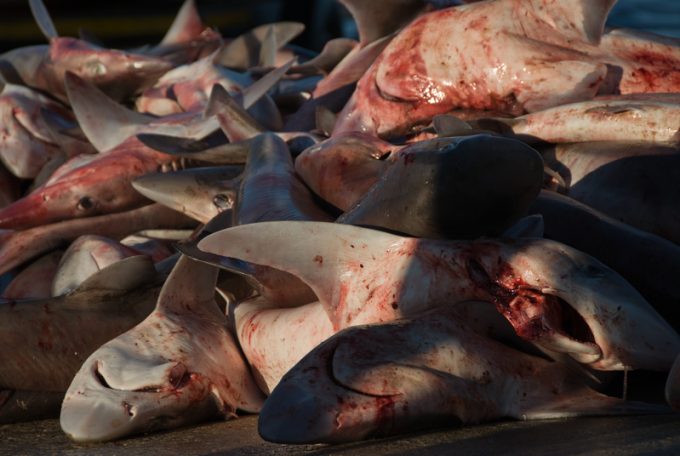Converted De Havilland Dash-8 freighter eyes new lease of life
Ethiopian, along with other airlines, could benefit after De Havilland of Canada (DHC) said it ...

Ethiopian Airlines has denied it knowingly flew two shipments of shark fins from Ecuador, via Miami, to the EU and on to Hong Kong last month – but documents reveal that the shipments did fly.
While the law on the shipment of shark fins is extremely complex, and revolves around the type of shark and additional documents that may be required, many airlines have banned this cargo.
The fins flew out of Quito on September 21 and, according to the air waybill, two shipments ...
Asia-USEC shippers to lose 42% capacity in a surge of blanked sailings
USTR fees will lead to 'complete destabilisation' of container shipping alliances
Outlook for container shipping 'more uncertain now than at the onset of Covid'
New USTR port fees threaten shipping and global supply chains, says Cosco
Transpac container service closures mount
DHL Express suspends non-de minimis B2C parcels to US consumers
Zim ordered to pay Samsung $3.7m for 'wrongful' D&D charges
Flexport lawsuit an 'undifferentiated mass of gibberish', claims Freightmate


Comment on this article